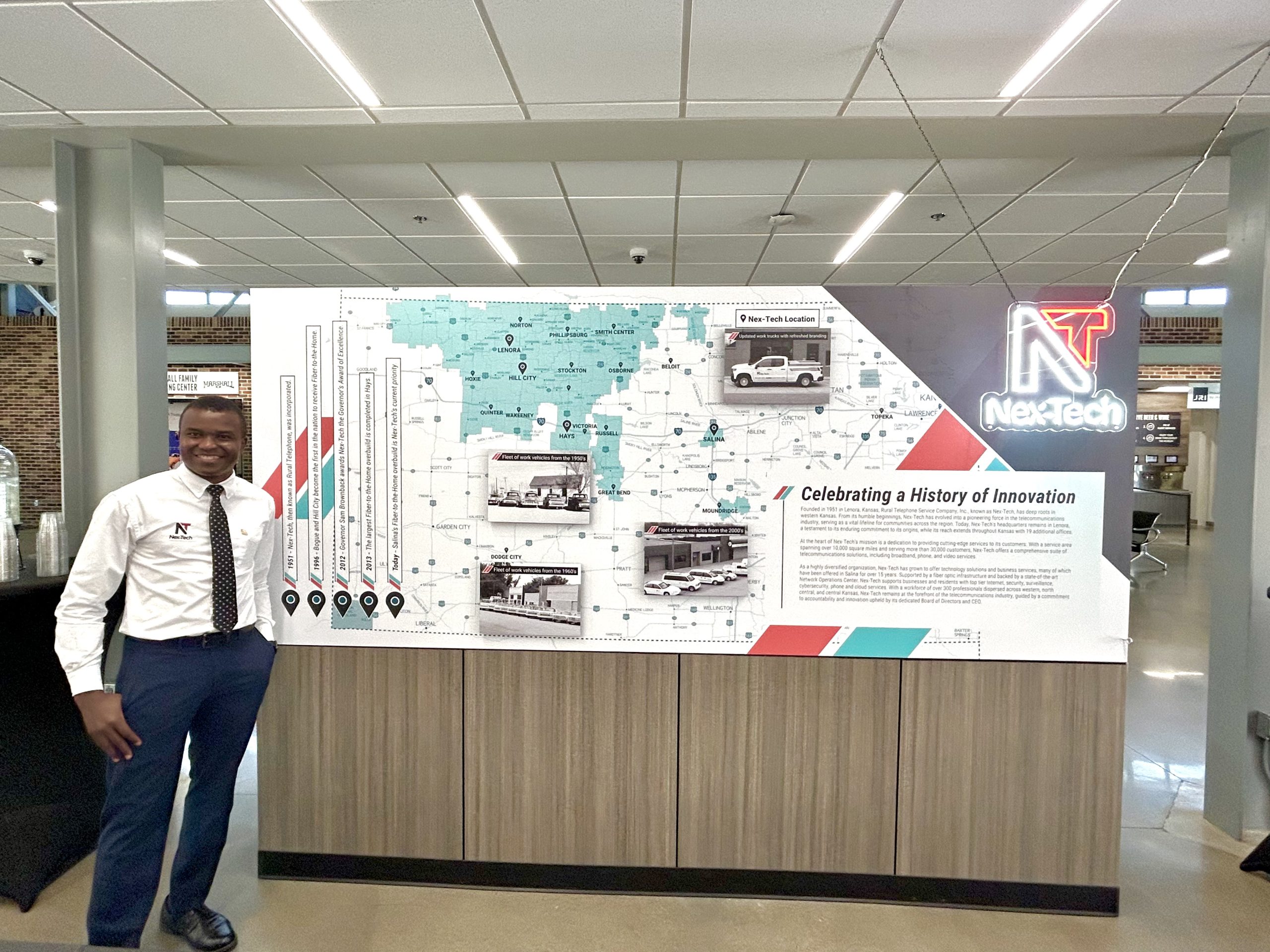CES Reflects on Broadband Deployment and Community Development in Salina
As I engage with various economic development stakeholders across rural Kansas, I emphasize the fact that broadband deployment, as well as digital literacy and digital adoption efforts, are community-based. This means that for broadband and other technologies to be effectively adopted and harnessed for economic purposes, the local people and institutions have a critical role to play, and have a stake in the process. Local groups like Rotary Clubs; institutions like schools, hospitals, and libraries; and government stakeholders at the city, county, state, and federal levels; must be engaged with, informed, and carried along in this process. Community stakeholders bring unique perspectives from family, education, healthcare, leisure, business, and government, all of which can be boosted by technology to improve the quality of life in communities. In a sense, the provider can be seen as an extension of the community or a tool that the community leverages to achieve its developmental aspirations. It’s all about improving the quality of life and the success of the community.
Nex-Tech is a community-based service provider invested in improving the quality of life in rural Kansas. Our approach always begins with identifying the broadband and technological needs of a community, and then we involve the community in the planning phase of our projects. When our projects are executed, we work side-by-side with the community stakeholders to promote digital adoption, digital literacy, and digital equity. We also educate the community leaders on pathways toward economic growth. This community-driven approach to rural development, I think, is crucial to bridging the digital divide in America.
During the recent KOBD visit and tour of our Saline County project, I reached out to some of our community stakeholders and asked them to reflect on the project, ask questions, and speak about Nex-Tech’s impact on the community. Hear their thoughts in the reel below. In most cases, both Nex-Tech and these community stakeholders share a common vision for Salina – a place where economic possibilities abound for everyone. Some of the community stakeholders who were present are below.
- Senator Jerry Moran, represented by Reid Petty
- Senator Roger Marshall, represented by Abby Rankin
- Saline County Administrator, Philip Smith-Hanes represented by Melissa McCoy, Public Information Officer
- Mitch Robinson, Executive Director, Salina Community Economic Development Organization
- Renee Duxler, Executive Director, Salina Area Chamber of Commerce
- Melanie Hedgespeth, Executive Director, Salina Public Library
- Allyson Walker, Head of Fundraising and Development, Salina Public Library
- Michelle Peck, Executive Director, The Garage
- Greg Nichols, Salina Area Technical College (SALINATECH)
I think broadband development as an aspect of rural economic development, is strategic and multifaceted for both providers and communities. It will require handholding and close partnerships between providers and community stakeholders. Nex-Tech broadband is adding impetus and dynamism to the overall economy in Salina and Saline County. By contributing to education, community growth, business expansion, and commerce, we are enhancing the economic ecosystem of the Salina area into what rural providers nationwide call a Smart Rural Community.
Connect with Friday
Friday Otuya
Community Engagement Specialist
I'm Friday Otuya /Oh-Too-Yah/. I love connecting people with resources, working on initiatives that change lives, and building bridges that lead to prosperity within our service footprint. You can contact me about special projects, partnership ideas, and all things loans and grants related. If you are curious how Nex-Tech can partner with you, I'd love to chat.
My desire is to see rural communities in northwest and central Kansas thrive by utilizing Nex-Tech's resources, or by tapping federal, state, and local resources.
I live with my wife and son in Hays, KS.
Call/Text
785.639.8698
Weekdays: 8 a.m. – 5 p.m.
econdevo@nex-tech.com




